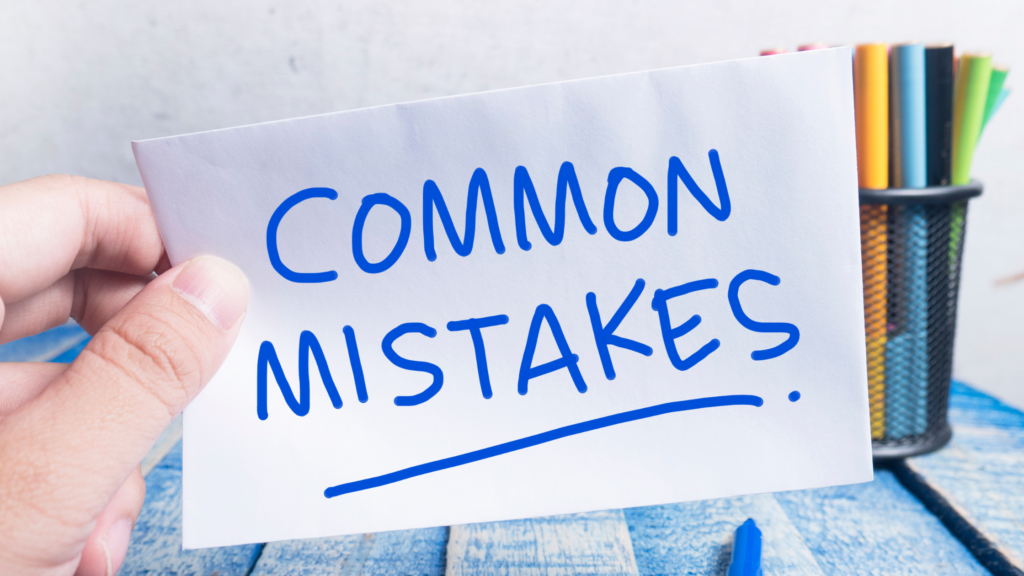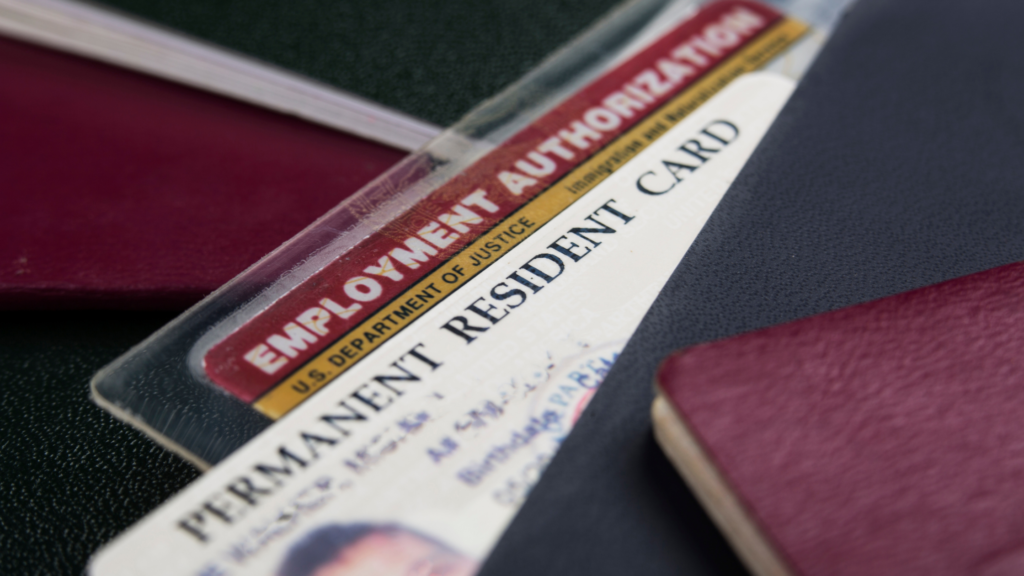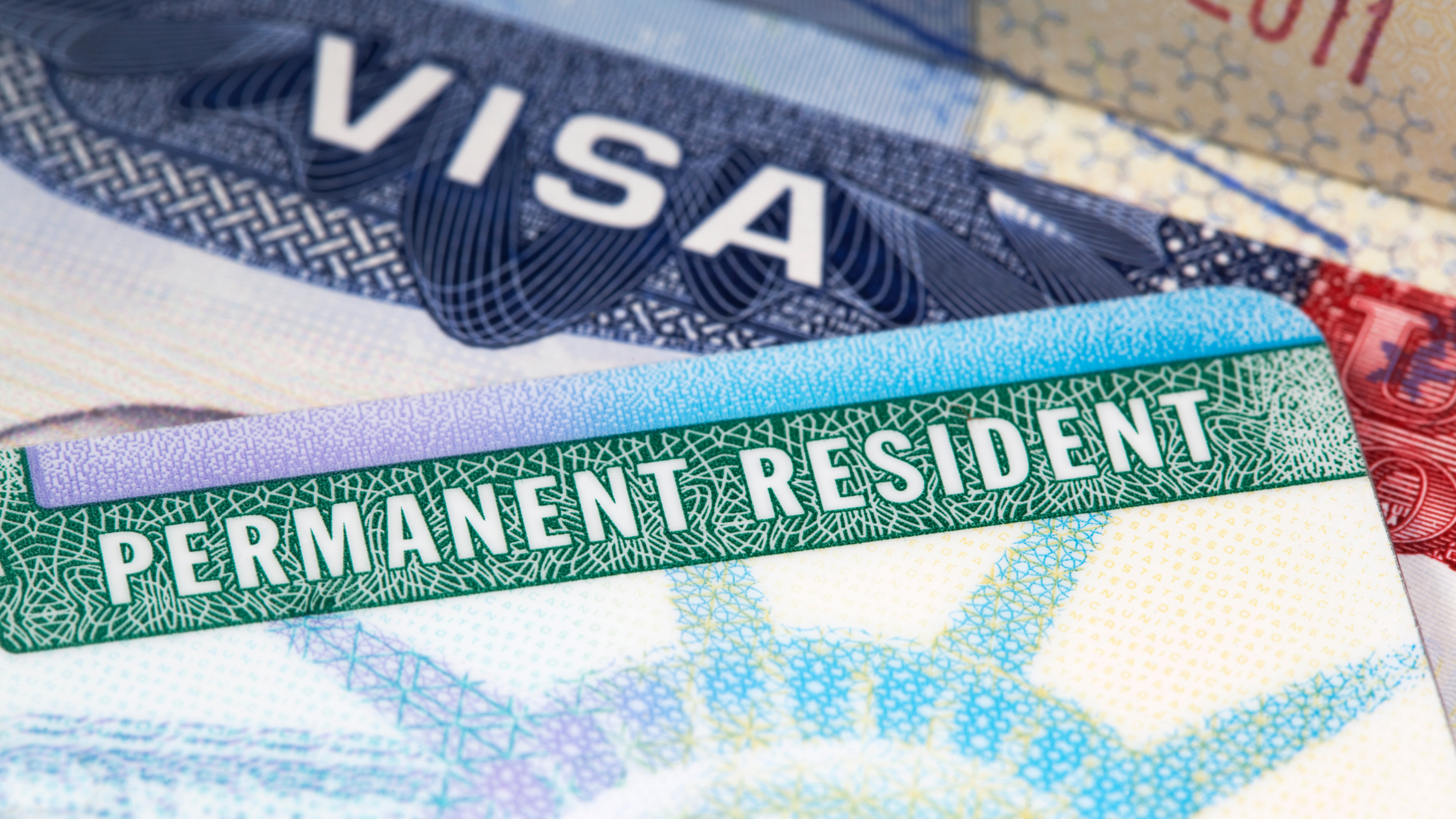You worked hard for your green card. You sacrificed, you waited, and now, you’ve built a life here. But what if we told you that your green card does not mean permanent US stay or guaranteed residency, that one wrong move—maybe even an innocent mistake—could put everything at risk?
Green cards, officially known as Permanent Resident Cards, grant foreign nationals the right to live and work in the United States. However, despite the name, permanent residency is not an absolute guarantee of an indefinite stay. Having a green card doesn’t mean you’re untouchable. Every year, thousands of permanent residents lose their status and face deportation for reasons they never saw coming.
At Qazi Law Offices, we’ve seen too many people blindsided by immigration laws they didn’t know existed. Don’t let that be you.
5 Common Mistakes That Can Put Your Future in Danger — and How to Avoid Them

1. Staying Outside the U.S. Too Long
Green card does not mean permanent if you treat the U.S. like a vacation home. The green card is for U.S. permanent residents; meaning the U.S. must remain your main home. If you leave for too long, even for personal reasons, you could be considered to have ‘abandoned’ your residency.
How long is too long? Generally, trips over 6 months raise red flags, and if you’re gone for more than a year without a reentry permit, you may lose your green card.
✅ Solution: If you’re eligible for citizenship, apply as soon as possible. U.S. citizens cannot be deported and enjoy full legal protections.
2. Criminal Charges—Even Minor Ones
Many green card holders assume that only serious crimes lead to deportation. Unfortunately, even certain misdemeanors—like drug possession, fraud, or domestic issues—can put you on the fast track to removal proceedings. Sometimes, even a guilty plea for a lesser charge can have devastating immigration consequences. Remember: a green card does not mean permanent if your criminal record disqualifies you from continued residency.
✅ Solution: If you’re ever arrested or charged, consult an immigration attorney before accepting a plea deal. Your green card—and your future—could depend on it.
3. Not Filing Taxes or Claiming ‘Nonresident’ Status
As a green card holder, you’re required to file U.S. taxes. Worse, if you claim to be a “non resident” for tax purposes, you could be telling the government you don’t actually consider the U.S. your home—jeopardizing your status.
✅ Solution: Always file your taxes correctly as a U.S. resident. If you’re unsure about your tax obligations, consult a tax professional familiar with immigration law.
4. Failing to Update USCIS About Address Changes
Did you know that failing to update your address with USCIS is a violation of immigration law? Within 10 days of moving, you’re legally required to notify USCIS. It sounds like a small thing, but failing to do so is actually a violation of immigration law that can lead to removal proceedings.
✅ Solution: Submit Form AR-11 online or by mail as soon as you move. It’s quick, easy, and can save you from unnecessary trouble.
5. Waiting Too Long to Apply for Citizenship
Green cards can be revoked, but U.S. citizenship is forever. If you qualify for naturalization, waiting too long could leave you vulnerable. Unexpected circumstances such as legal trouble, political changes, or even mistakes on your record can put your residency at risk.
✅ Solution: Don’t wait. Apply for citizenship as soon as you’re eligible to gain permanent protection. If you’re eligible for citizenship, apply as soon as possible. Becoming a U.S. citizen means you can’t be deported, and you’ll have the full rights and protections of the law.
Maintaining Permanent Resident Status Is a Legal Responsibility

While many people see the green card as the finish line, it’s actually just the beginning of your journey toward full U.S. citizenship. As a lawful permanent resident (LPR), you’re expected to obey all U.S. laws, renew your green card every 10 years, and avoid conduct that could make you deportable under the Immigration and Nationality Act (INA).
For instance, if you engage in immigration fraud, fail to register as required, or vote in federal elections (a right reserved for citizens), you could risk removal. Additionally, if you travel frequently, you may be questioned about your ties to the U.S. or asked to prove that you haven’t abandoned your residency.
Staying informed and compliant is your best defense. If you’re unsure about your responsibilities or risks, consult an experienced immigration attorney who can help you stay on the right side of the law and protect your green card status.
Don’t Wait Until It’s Too Late

If any of these scenarios sound familiar, don’t panic—but don’t ignore them either. The best time to fix an issue is before it becomes a problem. Remember: Green card does not mean permanent unless you stay informed and proactive.
If you’re unsure where you stand or worried about a past mistake, let’s talk. Qazi Law Offices is here to help you safeguard your future.
Your American dream is worth protecting, let’s make sure you keep it.
📞 Call us today at 630-504-0648 or schedule a confidential consultation with Attorney Farrah. Your future is too important to leave to chance.
Sign Up for Our Newsletter: Receive weekly immigration news and free toolkits.
Facebook: Qazi Law Offices
Instagram: Abogada Farrah Qazi
LinkedIn: Qazi Law Offices

